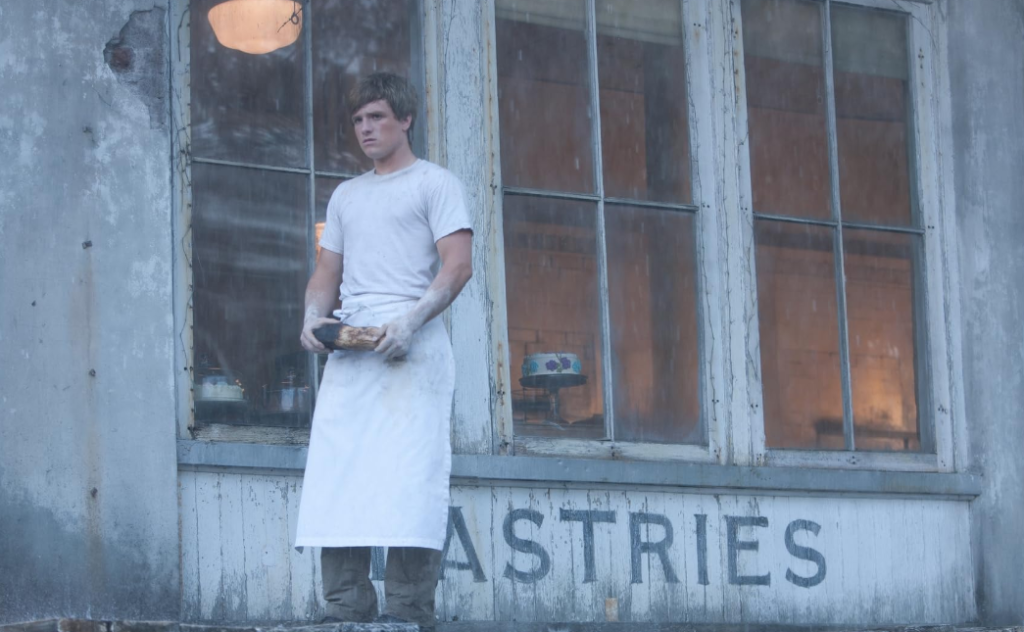In a world where dystopian fiction captures our imaginations, “The Hunger Games” stands as a compelling and thought-provoking series. Suzanne Collins’ masterpiece has enthralled readers and moviegoers alike, with its gripping narrative and memorable characters. If you’re a die-hard fan of the Hunger Games franchise or just looking to delve into the world of Panem, you’re in for a treat. In this article, we’ll uncover 10 must-know facts that will deepen your appreciation of this incredible series.
1. Origins of the Hunger Games
Its concept was inspired by ancient Rome’s gladiatorial games and reality television. Suzanne Collins blended these influences to create a world where the Capitol’s oppressive rule and the brutal Games serve as a metaphor for the consequences of unchecked power.

2. Katniss Everdeen’s Name
The name “Katniss” comes from a real plant, known as the “arrowhead” or “sagittaria.” This choice of name symbolizes Katniss Everdeen’s role as the “Girl on Fire” and her ability to become a symbol of hope and rebellion.

3. The Mockingjay Pin
The Mockingjay pin is an iconic symbol in the series. Katniss wears it as a sign of resistance against the Capitol. It becomes a rallying point for the rebellion, representing hope, defiance, and the resilience of the human spirit.

4. The Three-Fingered Salute
Fans of the Hunger Games will instantly recognize the three-fingered salute. This gesture is used as a symbol of unity and rebellion throughout the series. Its origins can be traced back to District 12’s mining industry, where it was a sign of respect.

5. District 13’s Role
District 13 plays a crucial role in the rebellion against the Capitol. While it is initially believed to have been destroyed, it secretly survives and becomes the heart of the rebellion, housing the leaders and military force.

6. Peeta’s Baker Skills
Peeta Mellark’s skills as a baker might seem unrelated to the Hunger Games, but they play a significant role. His baking prowess and artistic decoration abilities become his secret weapons in the arena, endearing him to viewers and sponsors.

7. The Avox
The Capitol’s ruthlessness extends to the punishment of rebels, who are turned into Avoxes, mute servants. Their tragic existence serves as a stark reminder of the Capitol’s brutality and the consequences of rebellion.

8. The Capitol’s Fashion
The outlandish and extravagant fashion of the Capitol’s residents is a commentary on their decadence and detachment from the suffering in the districts. The costumes, makeup, and body modifications are all designed to emphasize this disconnect.

9. Haymitch Abernathy’s Past
Haymitch, the mentor to Katniss and Peeta, has a dark and troubled past. He won the 50th Hunger Games and endured immense trauma, which led to his alcoholism. His character’s complexity adds depth to the story.

10. The Legacy of the Hunger Games
“The Hunger Games” franchise has left an indelible mark on popular culture. Its exploration of themes like government control, inequality, and rebellion continues to resonate with readers and viewers worldwide.

In conclusion, “The Hunger Games” is more than just a gripping story of survival; it’s a thought-provoking exploration of society’s flaws and the resilience of the human spirit. Whether you’re a devoted fan or a newcomer, these 10 must-know facts will enhance your appreciation of this remarkable series.
FAQs
1. Is there a Hunger Games prequel?
Yes, Suzanne Collins released “The Ballad of Songbirds and Snakes,” a prequel that delves into the early days of the Hunger Games.
2. Are there plans for more Hunger Games movies?
Yes, Lionsgate has announced plans to expand the Hunger Games universe with new films.
3. What inspired the creation of the Hunger Games arena?
The arenas in the Hunger Games were inspired by various natural landscapes and terrains, each designed to challenge the tributes in unique ways.
4. Can I visit District 12 or the Capitol?
Unfortunately, these locations are fictional, but you can explore filming locations used in the movies.
5. How did the Hunger Games impact literature and dystopian fiction?
“The Hunger Games” series significantly influenced the dystopian genre, inspiring many subsequent authors and filmmakers to explore similar themes of societal collapse and rebellion.
Explore this for an enhanced cinematic adventure: 10 Optimal Movie Marathons For Every Film Buff!



